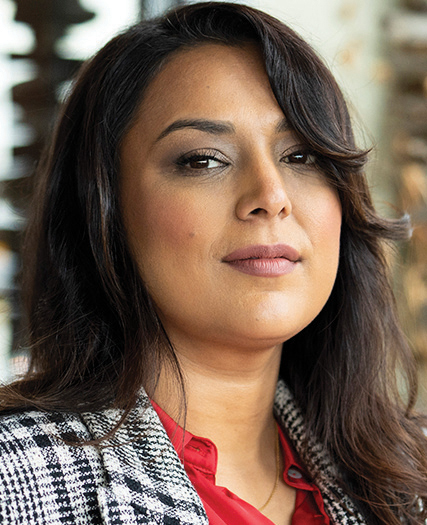Our impact can live on forever
 |
| Dr Ramneek Dosanjh |
The question, “How are you?” has been asked of us countless times over the years, and each time we likely respond with, “I’m good, how are you?” Not particularly meaningful banter, but I guess it’s a way to start the conversation. What if, instead, we were asked, “Why are you?” How would you answer? This question takes some contemplation.
“Why are you?” requires us to seek an answer from our inner consciousness. We are physicians. We spend our working lives taking care of other people’s health and well-being. But have we ever really thought about our purpose. . . our raison d’être? For a physician, is it more than to make sure the patients under our watch are taken care of? Or perhaps that is precisely it. But being aware of our purpose could ultimately shift the way we show up for ourselves, our patients, each other, and the world we live in. It could motivate us and allow us to see one another through a more accepting lens. It could inspire a momentous transformation that requires the “why” in all of us.
As we navigate the third year of this pandemic, the moral distress and the pressures we are experiencing, both personally and professionally, are unrivalled. The fragility of life has been amplified by ongoing uncertainty. Our purpose may have shifted. The last 2 years have not been easy, and we wonder about tomorrow. We have all been affected on a visceral level; many of us have experienced grief firsthand and some have absorbed grief vicariously from witnessing tragedy across the country and around the world.
Reflecting on what has transpired these past few years begs us to question what we have learned, and what is the best way to move forward.
Medicine is a world where compassion can enlighten the spirit, a bond can alleviate the deepest sorrows, pains, and fears, and where a moment of darkness can transform into an illumination of hope. Your decisions can ultimately grant life. The sacrifices and commitments you all have made, along with your unwavering support for one another during a crisis, is commendable. It is pivotal moments such as these that can create everlasting impressions, ones so deeply ingrained within your being that they leave imprints on your soul. But what happens when we confront our own mortality? What will our legacy be? Do we take our pain and turn it into purpose? Do we take the uncertainty and lean into connection?
As we use introspection to ponder our mortality, our responsibility, and our relationship in the world, perhaps it could inspire a radical change driven by our “why.”
While our time in this world is finite, our impact can live on forever. Our patients look to us for help, we look out for each other, we are innovative, we strive to do the right thing.
Why are you?
—Ramneek Dosanjh, MD
Doctors of BC President
hidden
 |
| This work is licensed under a Creative Commons Attribution-NonCommercial-NoDerivatives 4.0 International License. |

